Chomsky on MisEducation
Critical Perspectives Series
Series Editor: Donaldo Macedo, University of Massachusetts, Boston
A book series dedicated to Paulo Freire
Critical Education in the New Information Age
by Manual Castells, Ramn Flecha, Paulo Freire, Henry A. Giroux, Donaldo
Macedo, and Paul Wills
Critical Ethnicity: Countering the Waves of Identity Politics
edited by Robert H. Tai and Mary L. Kenyatta
Debatable Diversity: Critical Dialogues on Change in American Universities
by Raymond V. Padilla and Miguel Montiel
Imagining Teachers: Rethinking Gender Dynamics in the Classroom
by Gustavo E. Fischman
Immigrant Voices: In Search of Educational Equity
edited by Enrique (Henry) Trueba and Lilia I. Bartolom
The Last Good Job in America: Work and Communication in the New Global Technoculture
by Stanley Aronowitz
Latinos Unidos: From Cultural Diversity to the Politics of Solidarity
by Enrique (Henry) Trueba
Pedagogy of Freedom: Ethics, Democracy, and Civic Courage
by Paulo Freire
Pedagogy, Symbolic Control, and Identity, Revised Edition
by Basil Bernstein
Prairie Town: Redefining Rural Life in the Age of Globalization
by Jacqueline Edmondson
A Sanctuary of Their Own: Intellectual Refugees in the Academy
by Raphael Sassower
Sharing Words: Theory and Practice of Dialogic Learning
by Ramon Flecha
Strange Love: Or How We Learn to Stop Worrying and Love the Market
by Robin Truth Goodman and Kenneth J. Saltman
Chomsky on
MisEducation
NOAM CHOMSKY
Edited and Introduced by Donaldo Macedo

ROWMAN & LITTLEFIELD PUBLISHERS, INC.
Published in the United States of America
by Rowman & Littlefield Publishers, Inc.
A wholly owned subsidiary of The Rowman & Littlefield Publishing Group, Inc.
4501 Forbes Boulevard, Suite 200, Lanham, MD 20706
www.rowmanlittlefield.com
P.O. Box 317, Oxford OX2 9RU, UK
Distributed by NATIONAL BOOK NETWORK
Copyright 2000 by The Diane Chomsky Irrevocable Trust, Aviva Chomsky and Eric R. Menoyo, trustees
First paperback edition 2004
All rights reserved. No part of this publication may be reproduced, stored in a retrieval system, or transmitted in any form or by any means, electronic, mechanical, photocopying, recording, or otherwise, without the prior permission of the publisher.
British Library Cataloguing in Publication Information Available
The hardback edition of this book was catalogued by the Library of Congress as follows:
Chomsky, Noam.
Chomsky on miseducation / Noam Chomsky ; edited and introduced by Donaldo Macedo.
p. cm. (Critical perspectives series)
Includes bibliographical references and index.
1. Chomsky, NoamContributions in education. 2. EducationPhilosophy. 3. Critical pedagogy. I. Macedo, Donaldo P. (Donaldo Pereira), 1950 II. Title. III. Series.
LB885.C522 A3 2000
370.1dc21
00-35297
ISBN 978-0-7425-2978-6
Printed in the United States of America
 The paper used in this publication meets the minimum requirements of American National Standard for Information SciencesPermanence of Paper for Printed Library Materials, ANS1/NISO Z39.48-1992.
The paper used in this publication meets the minimum requirements of American National Standard for Information SciencesPermanence of Paper for Printed Library Materials, ANS1/NISO Z39.48-1992.
CONTENTS
Donaldo Macedo
Chomsky on MisEducation
INTRODUCTION
DONALDO MACEDO
Democracy has failed because so many people fear it. They believe that wealth and happiness are so limited that a world full of intelligent, healthy and free people is impossible, if not undesirable.... Such a world, with all its contradictions can be saved, can yet be born again; but not out of capital, interest, property and gold.
W. E. B. Du Bois
Schools in the so-called open and free societies face formidable paradoxical tensions. On the one hand, they are charged with the responsibility of teaching the virtues of democracy, and, on the other hand, they are complicit with the inherent hypocrisy of contemporary democracies, where, according to Noam Chomsky, the term democracy refers to a system of government in which elite elements based in the business community control the state by virtue of their dominance of the private society, while the population observes quietly. So understood, democracy is a system of elite decision and public ratification, as in the United States itself. Correspondingly, popular involvement in the formation of public policy is considered a serious threat.
Thus, the popular movements during the sixties and seventies that mobilized to question the criminal involvement of the United States in the Vietnam War and to demand civil rights guarantees and protection of the environment represented a real threat for the dominant ruling class. In the United States, the dominant sector of the society responded by creating the Trilateral Commission with the goal of finding ways to contain the general democratic participation of masses of people in the Western world in questioning their governments unethical behavior. In so doing, the Trilateral Commission dropped all pretensions concerning schools as democratic sites charged with the teaching of democratic values. The Trilateral Commission, whose membersamong them the former president Jimmy Carterbelonged to the international and essentially liberal elite, resolved the paradoxical tensions of democratic schools by declaring them as institutions responsible for the indoctrination of the young.
In tandem with the Trilateral Commissions goal of seeking ways to maintain Western capitalisms cultural hegemony, a plethora of cultural commissars emerged (largely funded by conservative foundations and think tanks). Their mission was to contain what they viewed as an excess of democracy and blame those who would [seek to] democratize institutions, who would change relations of power for the social catastrophe of the sixties.
Whereas the ruling class makes no apologies for the undemocratic role of schools, cultural middle management composed of teachers, professionals, and experts is expected, through a reward system, to propagate the myth that schools are democratic sites where democratic values are learned. As cultural middle managers, teachers support theological truths (or unquestioned truths) so as to legitimate the institutional role schools play in a system of control and coercion.
Nowhere is this more evident than the example I use in earlier works in which David Spritzler, a twelve-year-old student at Boston Latin School, faced a disciplinary action for his refusal to recite the Pledge of Allegiance, which he considered a hypocritical exhortation to patriotism in that there is not liberty and justice for all. According to Spritzler, the Pledge is an attempt to unite the oppressed and the oppressors. You have people who drive nice cars, live in nice houses and dont have to worry about money. Then you have the poor people, living in bad neighborhoods and going to bad schools. Somehow the Pledge makes it seem that everybodys equal when thats not happening. Theres no justice for everybody.
Spritzler was spared disciplinary action only after the American Civil Liberties Union wrote a letter on his behalf, citing a 1943 case,

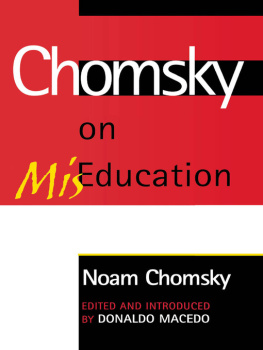

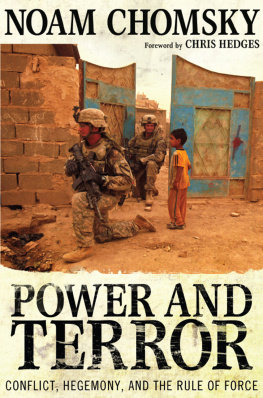

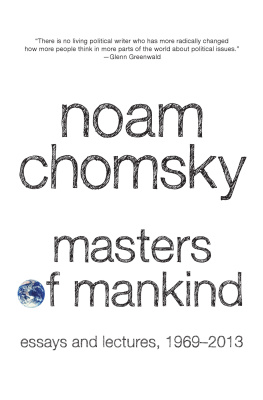
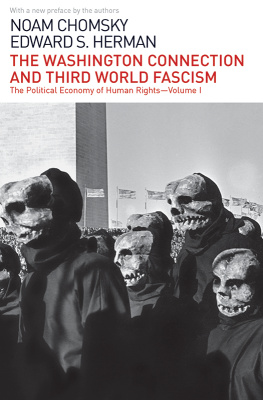
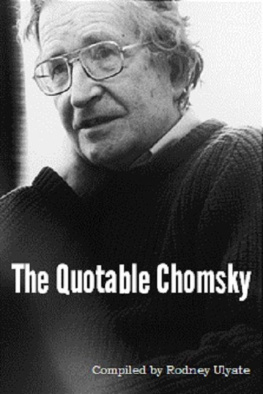
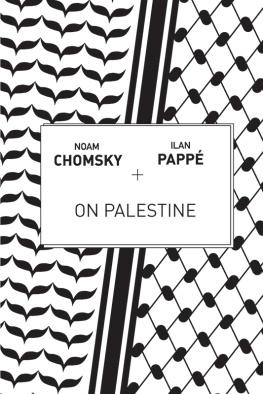
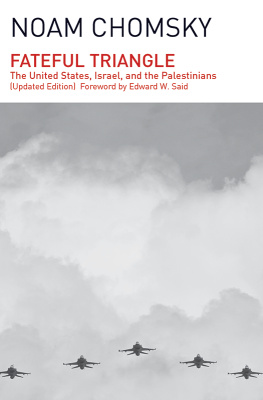
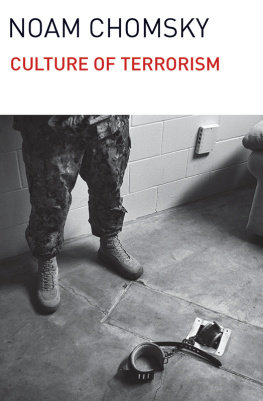
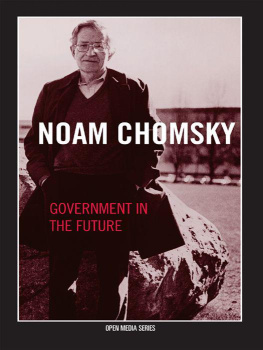
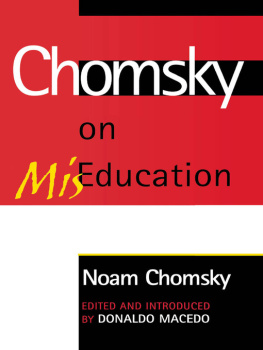
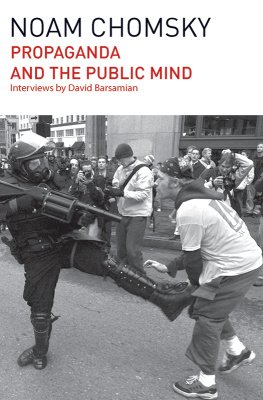
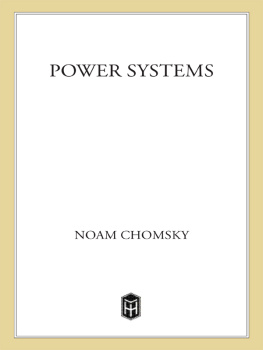
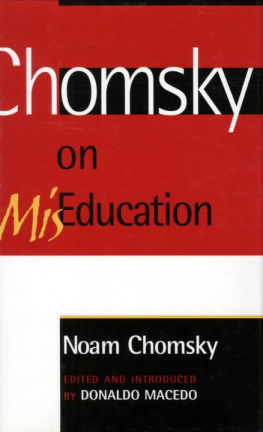
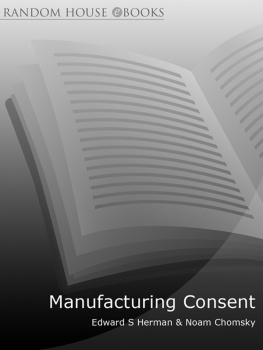



 The paper used in this publication meets the minimum requirements of American National Standard for Information SciencesPermanence of Paper for Printed Library Materials, ANS1/NISO Z39.48-1992.
The paper used in this publication meets the minimum requirements of American National Standard for Information SciencesPermanence of Paper for Printed Library Materials, ANS1/NISO Z39.48-1992.